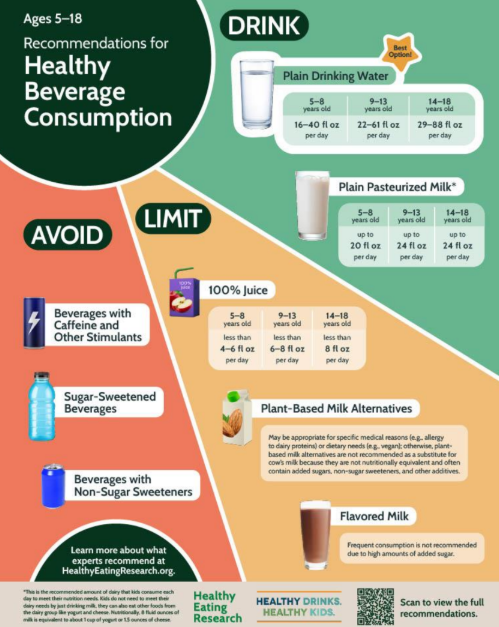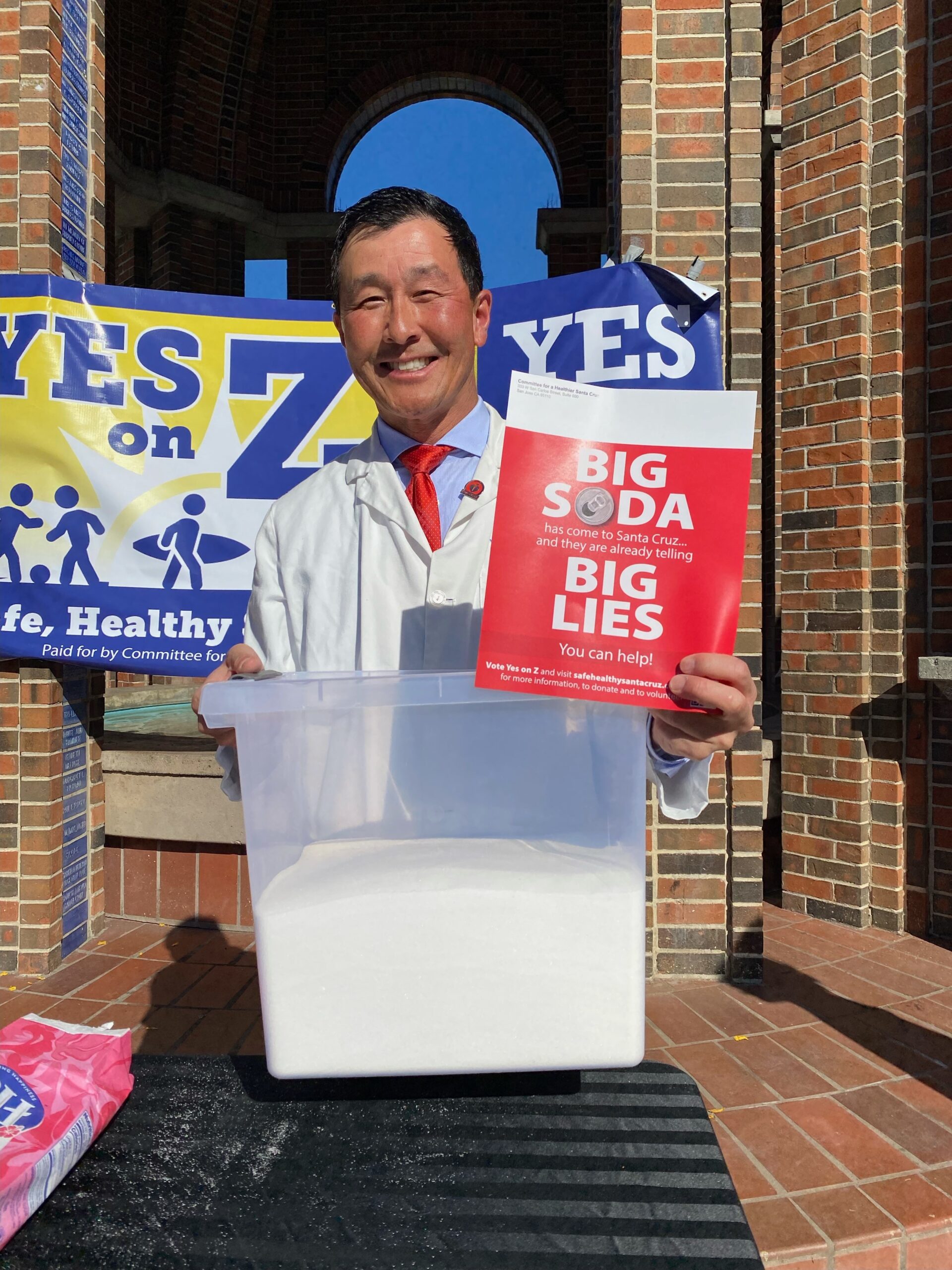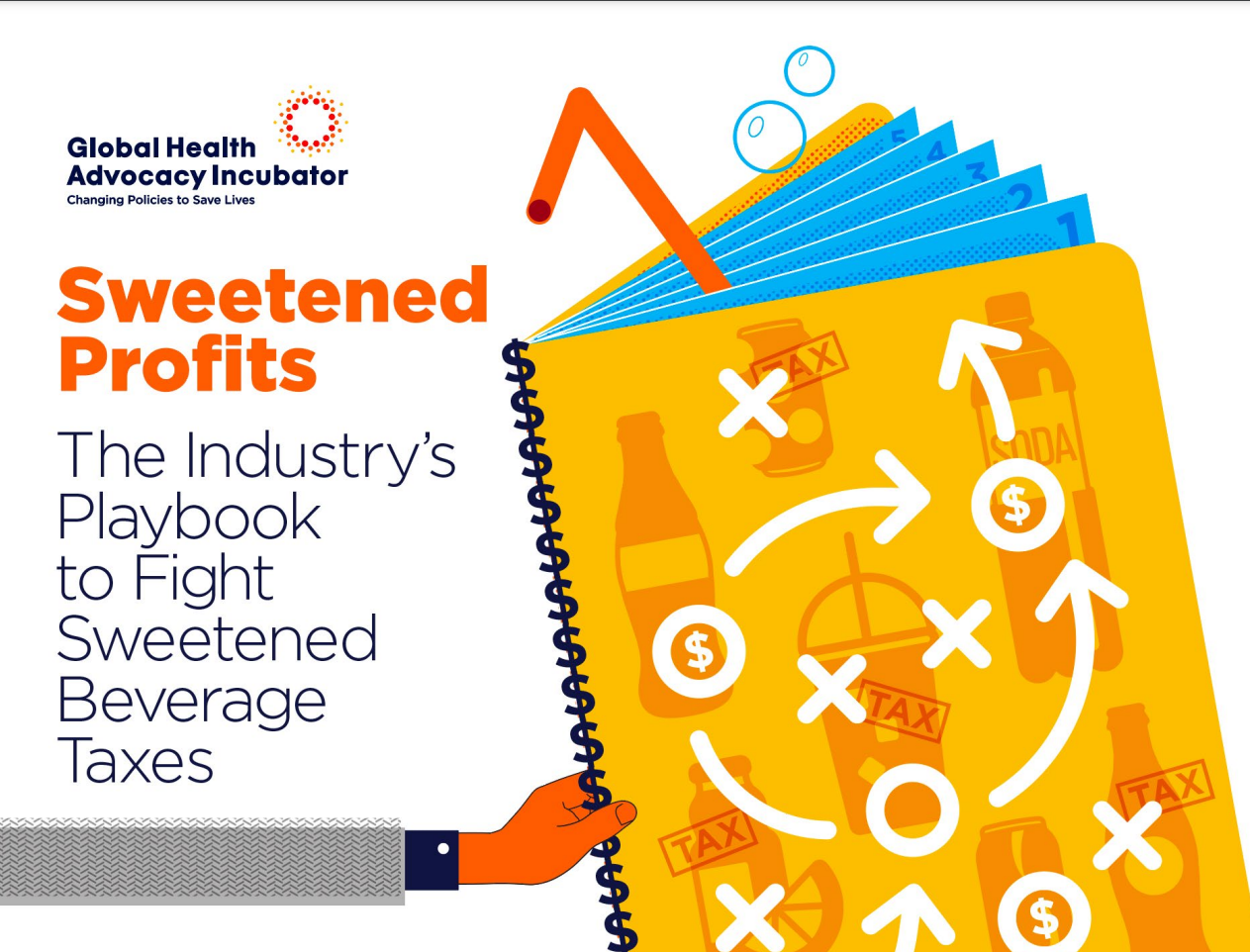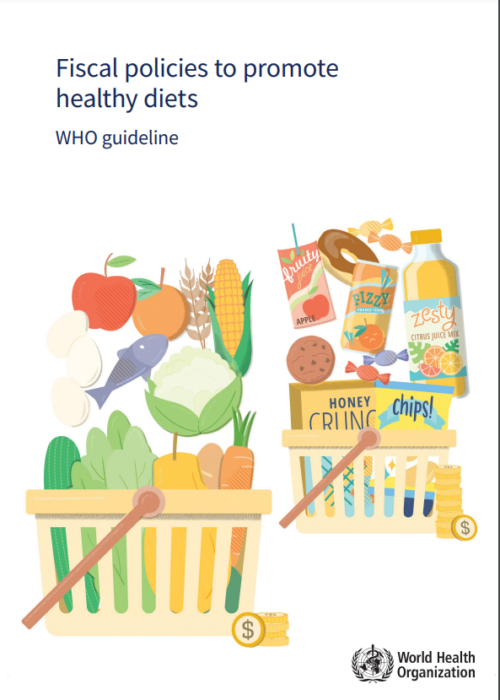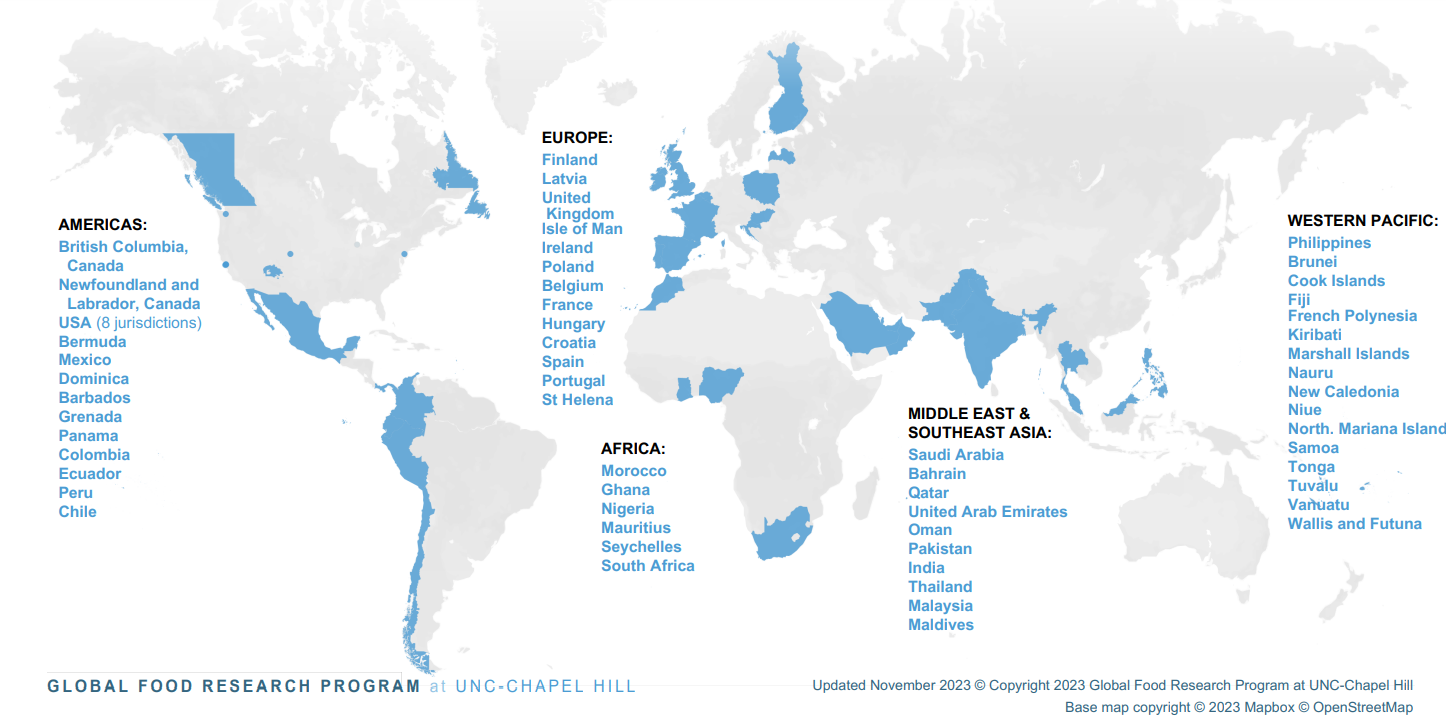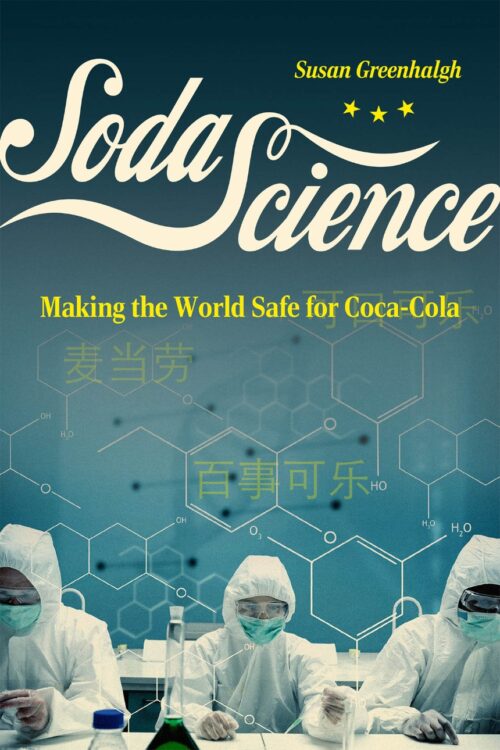Paid influencers opposing soda restrictions on SNAP
Thanks to Jim Krieger of Healthy Food America, for sending this one.
According to the Daily Beast: MAGA Influencers Caught Red-Handed Shilling for Big Soda
A string of MAGA influencers appear to have been caught taking money from Big Soda to undermine the government’s attempts to ban people from buying soda with food stamps. Last week, a host of influential online pro-Trump personalities…raised eyebrows on X when they all appeared to abruptly change their views on Robert F. Kennedy Jr.’s push to pass legislation which would ban food-stamp recipients from spending their money on soft drinks and junk food….conservative journalist Nick Sortor posted an expose of the offending posts side-by-side on X, alongside claims they had been paid to adopt a pro-soda stance by a social media PR company named Influenceable….“Not a SINGLE ONE of them disclosed they were paid for these posts, which led readers to believe a general SODA BAN was in the works.”
According to The Daily Wire: Soda Lobby Group American Beverage Denies Paying Influencers To Fight SNAP Restrictions
In a statement sent to The Daily Wire on Tuesday, ABA President and CEO Kevin Keane further echoed the denial, saying it had conducted a “thorough vetting” and is “confident” that it was not involved in the effort.
Whew. What is this about?
The issue of adding sugar-sweetened beverages to the short list of food items that cannot be bought with SNAP benefits (Alcohol, Cigarettes, prepared foods, medicines, supplements) is a difficult one, splitting some public health advocates from some anti-hunger advocates and forging unexpected political alliances.
RFK Jr’s MAHA movement wants sodas out of SNAP. The MAHA arguments:
- Sodas contain sugars (lots) but no other nutrients.
- Drinking a lot of them correlates with poor health.
- SNAP recipients buy a lot of soda.
- SNAP benefit are not taxed, making the cost of sodas cheaper for them in some states.
- SNAP recipients could still buy sodas with their own (non-SNAP) money.
- The WIC program specifies which foods (all of them healthy) recipients can buy with their benefits; it works fine.
Arguments against:
- Poor people should be able to eat just as unhealthfully as everyone else.
- Blocking them from buying sodas is condescending.
- Doing this removes choice and is unfair.
- A ban will hurt the profits of the soda industry and retailers who sell sodas.
For years, public health advocates and some states have called for pilot projects (“waivers”) to see how removing sodas might work. The USDA has always rejected such petitions.
I favor pilot projects, in part because of what I learned as a member of the SNAP to Health Commission, and also because of the letters I received after publication of Soda Politics. SNAP recipients wrote me that they viewed their benefits as a license to buy junk food and would welcome restrictions. They would not buy as much soda if they had to pay for it with non-SNAP funds.
The new USDA Secretary says she will agree to waivers. Good. Let’s try this and see how it works.

